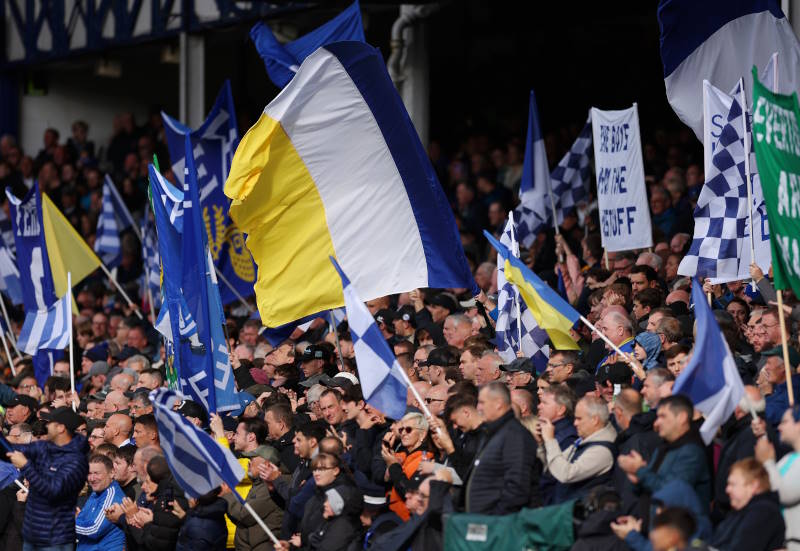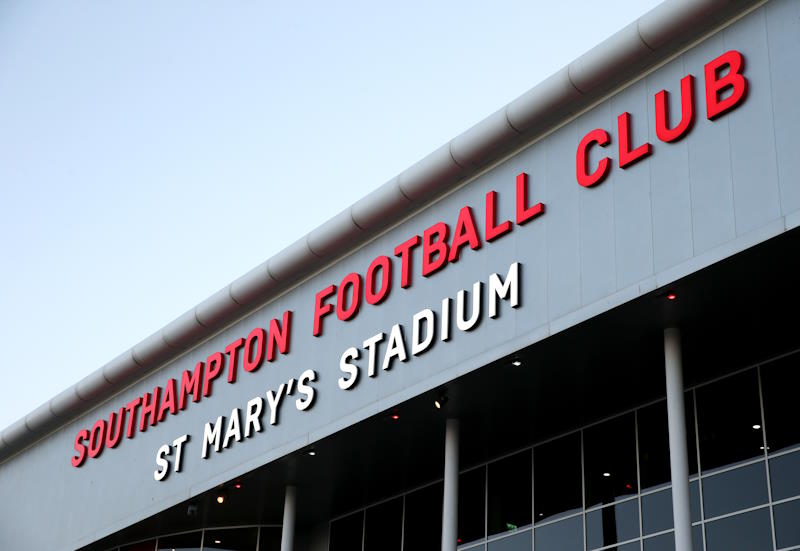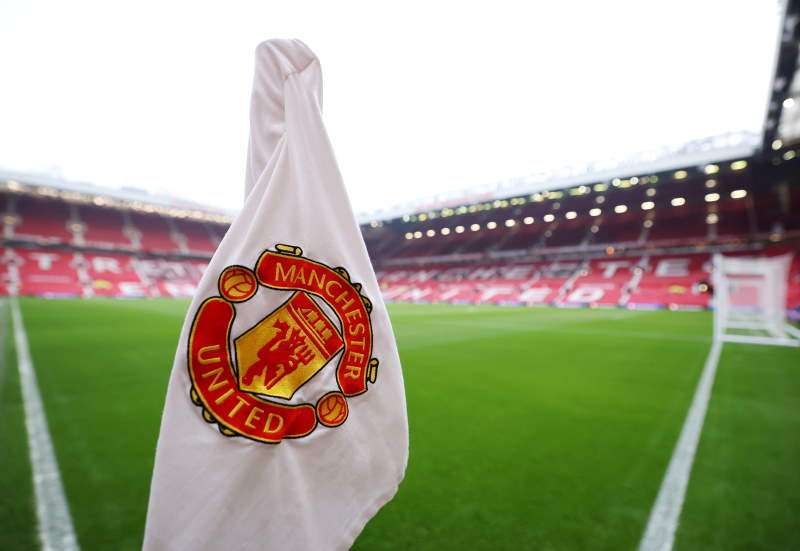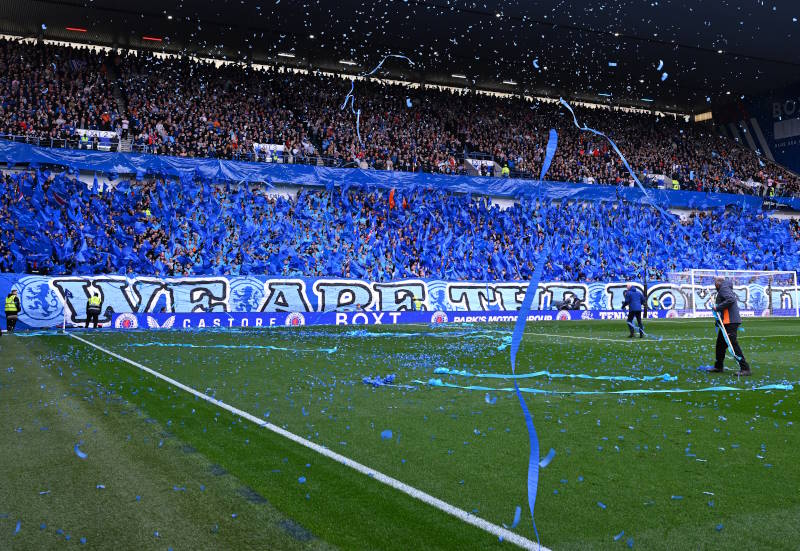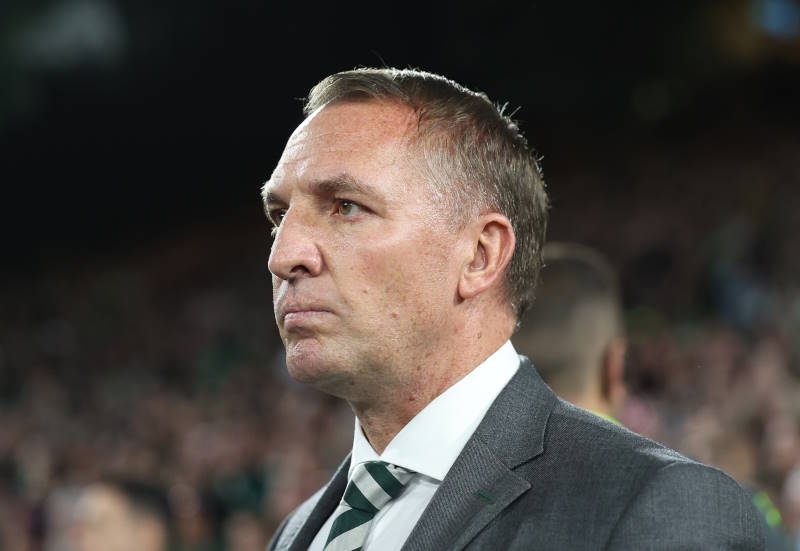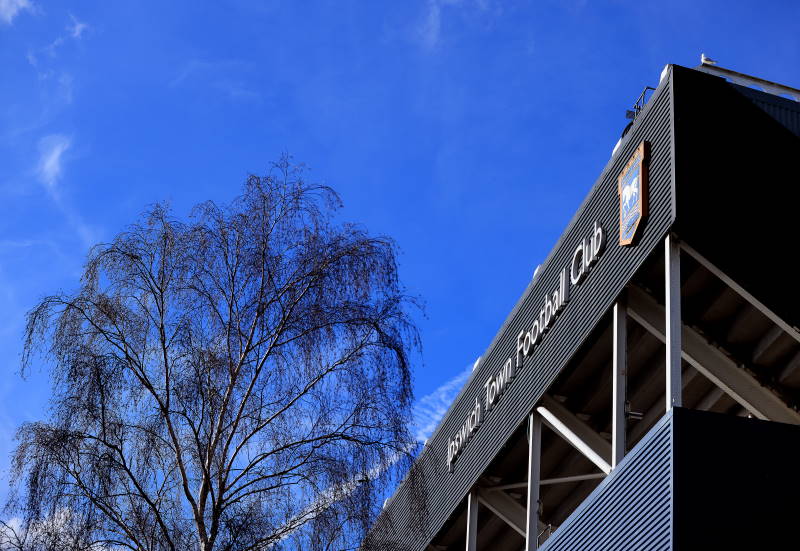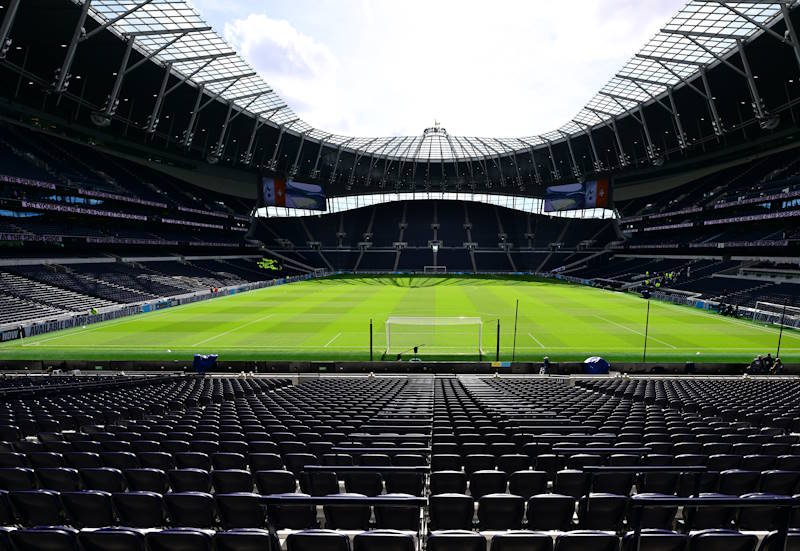
There are some fixtures which are eagerly awaited at club level, such as local derbies, but on the international stage there are a few which go beyond a little neighbourly passion. Brazil vs. Argentina springs to mind, of course, although if you ask any red-blooded Englishman which is the most important fixture, he’ll point to the game against Germany.
Even a friendly takes on extra importance, but when it’s at a major tournament, it can stop the whole country. If you don’t like football and you want to try something novel this weekend, drive round the M25 at 3pm this Sunday. When England play Germany, the roads are virtually empty.
The rivalry on the pitch obviously has darker overtones dating back to the two World Wars. However, it would be flippant to simply pass it off as a throwback to tragedies from yesteryear. The fact is, the matches that have been played since have simply heightened the competitive edge.
Thankfully, when we assess the intensity these days, we focus on a succession of dramatic games, many of which have passed into footballing folklore. Although the England faithful will often sing about two World Wars and one World Cup, it’s done so more in jest than in any unpleasant animosity.
The 1966 World Cup final was the beginning of an extraordinary sequence of hugely dramatic matches over the years, with England triumphing on an amazing July day at Wembley. Many Germans still point to Geoff Hurst’s second goal, claiming it didn’t actually cross the line. As if!
In 1970, the Germans came back from 2-0 down to win 3-2 on a sweltering day in Mexico. It spelt the end of English World Cup hopes, for a squad that many considered better than the class of ’66.
At Italia 90, the two rivals met again in a pulsating semi-final. One of the most dramatic games ever seen in the World Cup, it had the lot. England midfielder Paul Gascoigne’s tears, end to end football which led to both sides rattling the woodwork, and a penalty shoot-out which saw millions of fingernails disappear in seconds.
In recent years, England’s greatest triumph came not at the World Cup itself, but in a 2001 qualifying match. A Michael Owen hat-trick in Munich helped England to a stunning victory, and the result, and the contributor of the fifth goal, gave rise to the popular song ‘5-1, even [Emile] Heskey scored’. Harsh, but fair.
Throw in several famous meetings at various European Championships, and you can see why the game on Sunday has such special significance. England’s players will know what is expected of them, and the German players will also realise the importance of the game.
It’s likely to be a nerve-wracking, noisy affair, with fans of both sides promising to raise the roof of the stadium. In the Slovenia match on Wednesday, England’s supporters managed to drown out the noise of the vuvuzelas, no mean feat indeed. Expect a stirring rendition of the theme from The Great Escape this weekend.
Perhaps a slightly unusual aspect of the rivalry between the two nations is a grudging respect that has developed over the years. All English supporters are injected at birth with a special DNA additive that makes them want to beat Germany at every opportunity and in every sphere, even in the Eurovision Song Contest.
But deep down, we also realise that in many ways the German national side is what we want England to be: efficient, organised, difficult to beat and successful (and some would also add lucky). We have a shared passion for the game, and an eternal optimism at every tournament.
On Sunday, any shared empathy will be put to one side for a 90-minute rollercoaster of emotion and tension. For the winners, there is the likelihood of having to play Argentina, then possibly Spain, then maybe Brazil, before lifting any trophy is even on the agenda.
It’s England vs. Germany. And for many of us, that’s all we’re thinking about.




